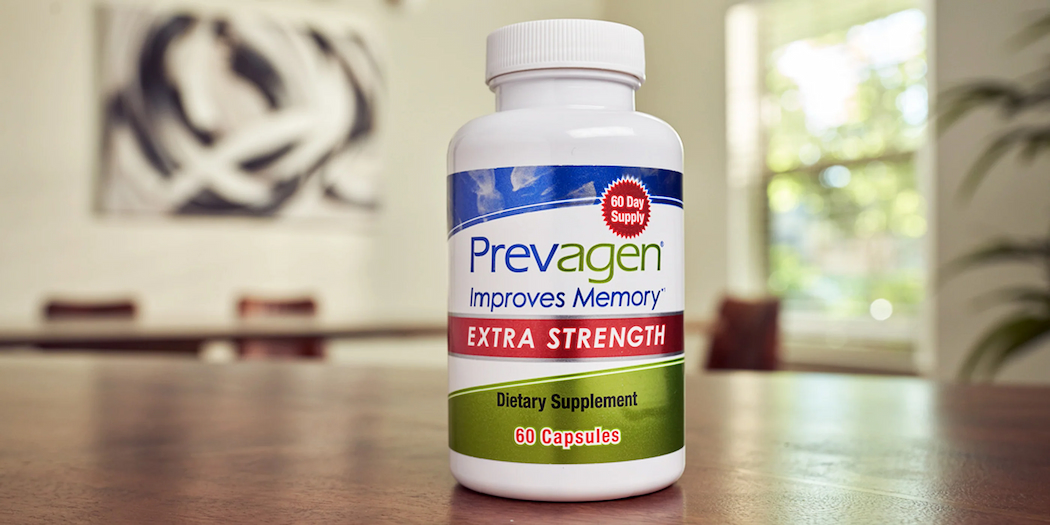The Prevagen class action lawsuit has garnered significant attention, especially among consumers concerned about cognitive health and the veracity of supplement claims. Prevagen, a dietary supplement marketed to improve memory, has been at the center of legal scrutiny for its advertising practices. This article delves into the background of the case, the legal proceedings, and the implications for consumers.
Background of the Prevagen Class Action Lawsuit
Prevagen is a dietary supplement developed by Quincy Bioscience, claiming to enhance memory and support cognitive function. Its active ingredient, apoaequorin, is a protein originally found in jellyfish. Since its market introduction in 2007, Prevagen has been widely advertised, particularly targeting older adults concerned about age-related memory decline.

In January 2017, the Federal Trade Commission (FTC) and the New York Attorney General filed a lawsuit against Quincy Bioscience, alleging that the company made false and unsubstantiated claims about Prevagen’s effectiveness. The lawsuit contended that Quincy Bioscience’s marketing was deceptive, suggesting that Prevagen could improve memory and provide cognitive benefits without reliable scientific evidence to support these claims.
A pivotal point in the case was the “Madison Memory Study,” a clinical trial conducted by Quincy Bioscience. The study’s results did not show a statistically significant improvement in memory for the general population. However, Quincy Bioscience highlighted positive outcomes from specific subgroups within the study, a practice criticized as “p-hacking” or selectively reporting favorable data.

Legal Proceedings and Outcomes
After years of litigation, a significant development occurred in December 2024. A federal court ruled in favor of the FTC and the New York Attorney General, concluding that Quincy Bioscience’s claims about Prevagen were deceptive and not backed by reliable scientific evidence. The court ordered Quincy Bioscience to cease making claims that Prevagen improves memory or cognitive function.
This ruling underscores the importance of substantiating health-related claims with credible scientific research. It also serves as a warning to other companies in the dietary supplement industry about the legal risks of making unverified health claims.
Implications for Consumers
The Prevagen case highlights the need for consumers to be cautious when evaluating health supplements. Key takeaways include:
- Scrutinize Health Claims: Be wary of products that claim to offer significant health benefits without robust scientific backing.
- Understand Regulatory Oversight: Dietary supplements are not subject to the same rigorous testing and approval processes as pharmaceutical drugs.
- Seek Professional Advice: Consult healthcare professionals before starting any new supplement, especially for managing health conditions.
Conclusion
The Prevagen class action lawsuit serves as a critical reminder of the importance of evidence-based marketing in the health supplement industry. For consumers, it emphasizes the need for vigilance and informed decision-making when considering dietary supplements. As the industry continues to grow, both regulatory bodies and consumers must advocate for transparency and scientific integrity in health-related products.


